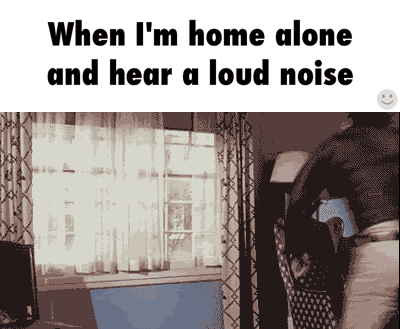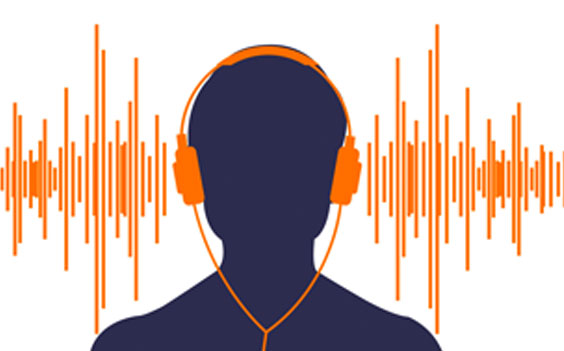
Repeated exposure to loud noise levels of more than 85 decibels can cause permanent hearing loss at any age. That level isn’t so extreme: an average conversation is about 50 decibels.
A lawnmower is about 90 decibels. Combining loud activities, such as listening to music on your iPod while you mow the lawn, is even more damaging to ears.
That’s because most people turn the music even louder when operating noisy equipment.
What else causes hearing loss?
Infection, earwax buildup, an object in the ear, ear or head injury and a ruptured eardrum are conditions that can lead to temporary or permanent hearing loss. Smoking and diabetes impact how blood flow reaches hair cells and can subsequently cause hearing loss over time.
Taking too many over-the-counter medications, including ibuprofen or aspirin, can lead to irreversible deafness. Aging also makes it more likely that you will suffer from gradual hearing loss.
It’s the third most common long-term health problem in older Americans, affecting up to 40 out of 100 people age 65 and older and 80 out of 100 who are older than 85.
How can I prevent hearing loss?
Reduce noise levels by wearing ear protection when using loud power tools or doing other noise-related activities. Turn down the music. Never put any objects in your ear.
Wear a helmet when you do activities that could cause a head or ear injury.

What are the signs of hearing loss?
Often, the person whose hearing is impaired isn’t aware of it, particularly if it’s happened over a period of time. Family members are more likely to notice diminished hearing.
Ringing or hissing in the ear, ear pain or fluid leaking from the ear are signs that you need to see an audiologist.
You may feel like your ear is plugged, have trouble understanding what someone says to you or be unable to follow a conversation when there is a lot of background noise, such as a radio playing or other loud conversation.
A family member may also comment that you have the TV too loud or you talk too loudly on the phone.
How is hearing loss diagnosed?
An audiologist will do a physical exam and inquire about symptoms and other health issues.
The audiologist will use an otoscope, a lighted device, to look inside the ear. Simple, painless hearing tests help define the extent and type of hearing loss.
How is hearing loss treated?
Treatment depends on what type of hearing loss you have. The audiologist can help you learn to adapt to living with hearing loss or can treat the problem.
In some cases, it may be as simple as removing earwax or prescribing medication for an infection.
Once the problem is addressed, hearing returns. If it’s permanent hearing loss, a hearing device may be needed.
Credit- http://bismarcktribune.com/lifestyles/health-med-fit/loud-noise-can-cause-hearing-loss/article_9c9639e1-6c06-5edb-b9cb-5824fd3d9c48.html
Brady Ness is an audiologist located at Sanford Hearing Centers in Bismarck. He has master’s degrees in communication disorders and audiology from Minot State University and a doctorate in audiology from the University of Florida. Ness specializes in hearing conservation, hearing testing, hearing aid fitting and neurodiagnostics and educational audiology.
[cta id=”4961″ align=”none”]

